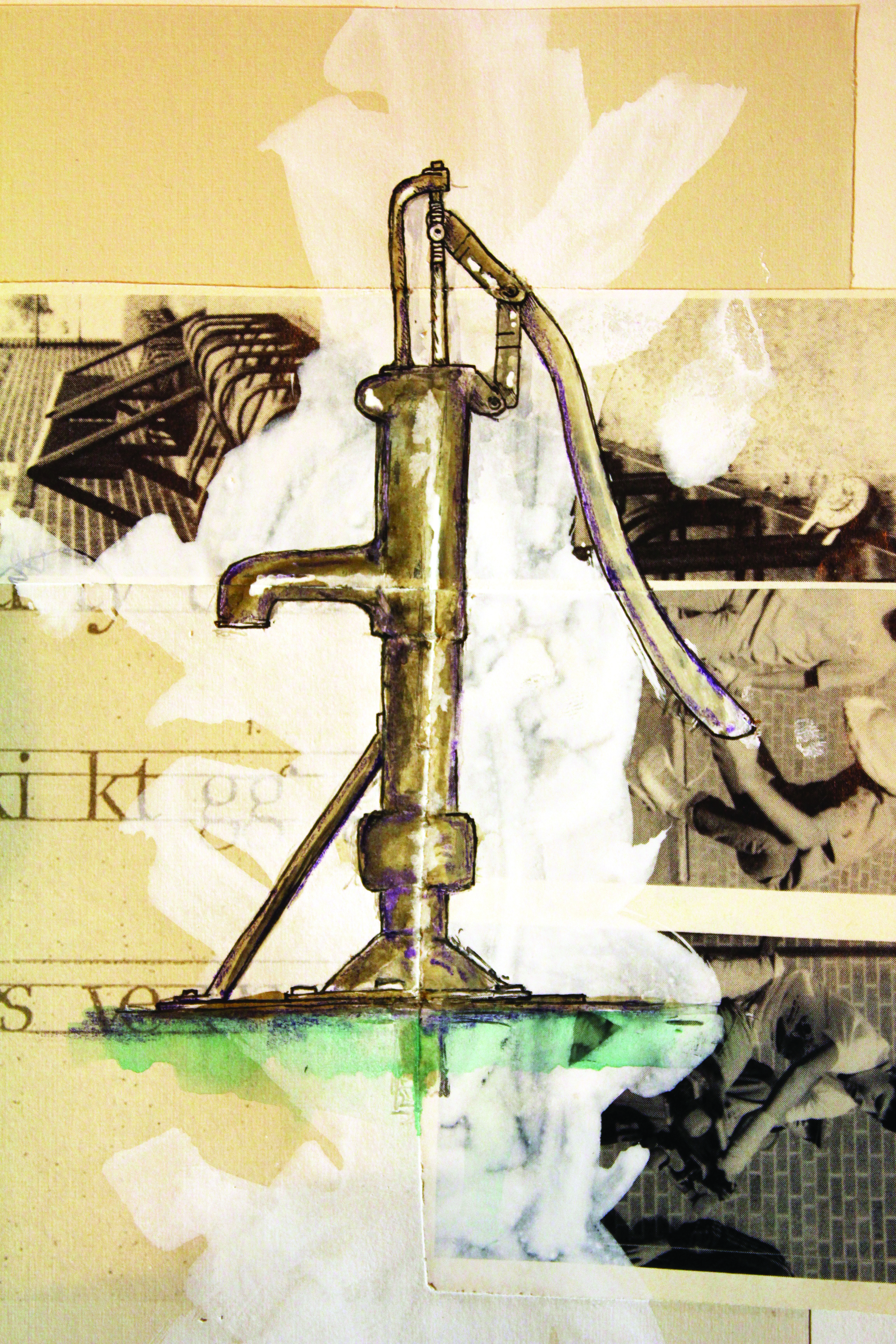Canada’s dirty laundry was displayed to U.S. House Speaker Nancy Pelosi recently. Pelosi was in Ottawa last week, where she met first with Environment Minister Jim Prentice, Alberta Premier Ed Stalmach and Saskatchewan Premier Brad Wall. Subsequently, she met with Quebec Premier Jean Charest, environmental groups and First Nations to discuss U.S. energy imports and the environment. Top on the agenda was tar sands developments in Alberta and Saskatchewan.
At a luncheon in Ottawa on Thursday, Pelosi reiterated her government’s commitment to reduce U.S. dependence on fossil fuels. Pelosi’s visit came at a bad time for tar sands proponents. Recently, the Proceedings of the National Academy of Sciences (PNAS) published a peer-reviewed scientific study that air pollution and damage to the surrounding watershed from tar sands development has released “a highly toxic brew of heavy metals into northern waterways,” with some levels exceeding the tolerable limit by as much as 30 times. Another study published earlier in the week by the Wilson Journal of Ornithology suggest that birds are being killed by tar sands tailing ponds at a 30 times the rate that industry and governments are reporting.
On the very day of Pelosi’s visit, Suncor — top dog in the tar sands — was charged with nine infractions of Alberta’s Water Act and Environmental Protection and Enhancement Act for an incident that occurred in May 2008. Suncor — who have been fined twice before for various environmental infractions — was also accused of “providing false information about its stormwater runoff” to Alberta Environment.
As if that weren’t enough, Enbridge — another major player in the tar sands game — announced later that day that a pipeline of theirs in Illinois had sprung a leak and was shut down for repairs. This comes as Enbridge is still cleaning up a large spill suffered by one of their pipelines in Michigan earlier this summer, which spilled nearly 20,000 barrels of oil into waterways and wetlands.
All this negative press comes at a time when politicians are doing their absolute darndest to ignore any and all problems associated with Alberta’s — and Canada’s — dirty laundry.
In August, federal Liberals released the findings of a two-year parliamentary study on the impact tar sands development has on freshwater supplies that came to the same conclusion.
The 49-page report, which included over 300 pages of expert testimony from “water scientists, Aboriginal chiefs and industry experts,” concluded that the federal government lacks “proper knowledge on the state and dynamics of the region’s water resources and how they will react to years of oil sands mining, both surface and in situ” and accuses the government and industry of denying “the potential negative consequences the industry might be having on a vital Canadian resource.”
Federal Environment Minister Jim Prentice — former minister of industry — and Alberta’s Environment Minister Rob Renner responded to the PNAS paper by stating that heavy metals, such as lead or mercury, that were found in the Athabasca River are naturally occurring, and have nothing to do with the massive tar sands developments in the area. What did Minister Prentice call the findings of a peer-reviewed 2009 study that showed that particulate from tar sands developments deposited enough bitumen particulates over the winter to constitute an annual 5,000 barrel “spill” in the area?
The fact that two environment ministers have blatantly ignored peer-reviewed science in favour of quick economic gains ought to cost them both their jobs. However, this is politics we’re talking about, a realm where scum rises to the top and is rewarded for such behaviour, rather than castigated.
True, Premier Stalmach admitted that there are challenges in developing the tar sands, and said in a statement that he “impressed upon [Pelosi] that Alberta is taking the necessary steps to balance energy security with environmental responsibility and economic growth.”
However, environmental groups found his comments galling, and some even accused Stalmach of “misleading” Pelosi as to the true impacts of their development. Considering Stalmach’s environment minister’s reaction to the PNAS paper, such accusations seem far from unwarranted.
In the end, money talks and bullshit walks. As long as politicians are being financed by the dollars that initiatives such as the tar sands bring in, I am convinced we will see more of this same sordid drama played out again and again. Until Americans — and Canadians — stop burning fossil fuels for energy, ain’t nothing going to stop northern Alberta from being completely and utterly ravaged by development.
Sheldon Birnie is in his final year of Environment Studies at the U of M.



